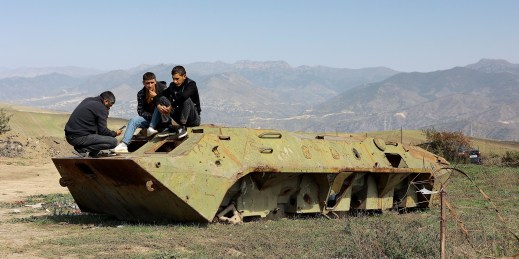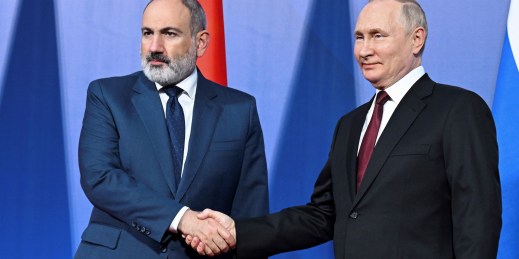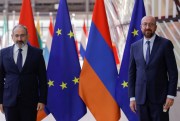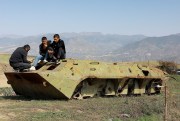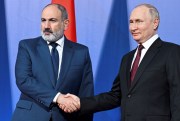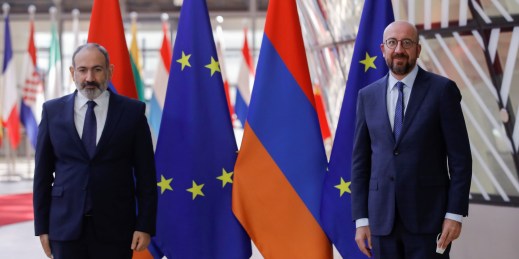
Russia’s role in allowing Azerbaijan to conduct its final invasion on Nagorno-Karabakh last year, despite its peacekeeping role there, has sparked a profound sense of betrayal in Armenia. That in turn has created an opportunity for the EU to forge stronger ties with Yerevan and reshape the geopolitical orientation of the South Caucasus.

